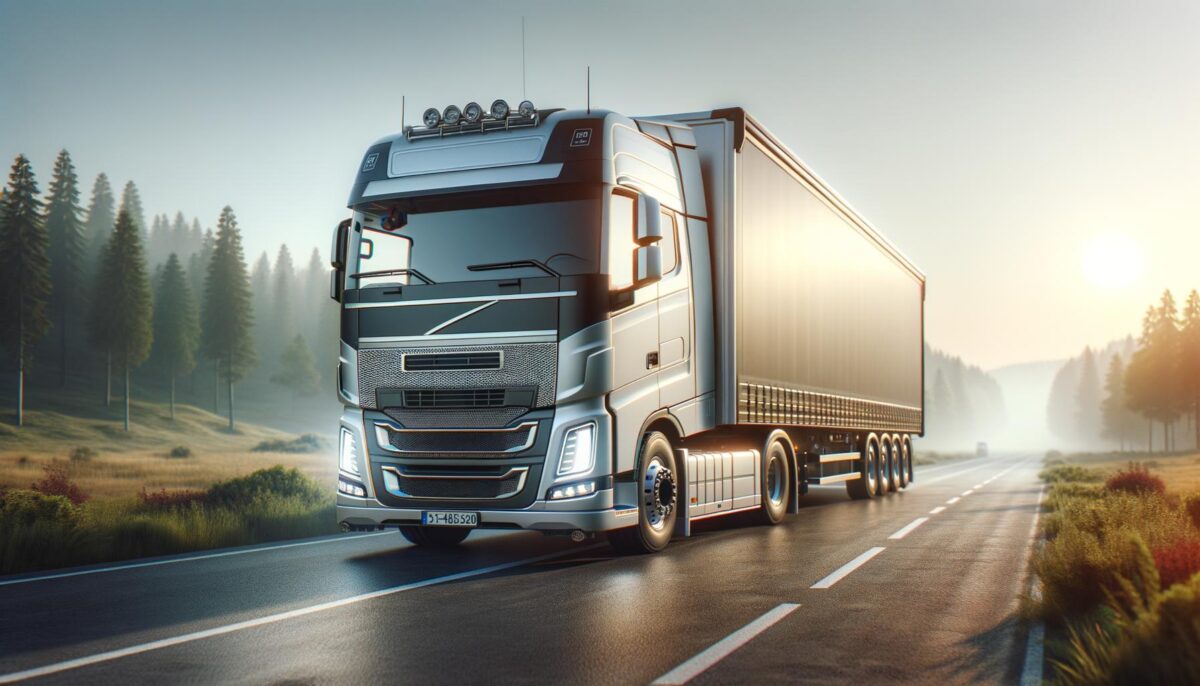The Versatile Nature of Trucks
Trucks have an inherent versatility that makes them indispensable across various industries. From transporting goods over long distances to assisting in construction projects, their utilization extends beyond what many vehicles can offer. In particular, heavy-duty trucks stand out for their ability to carry large loads, often equipped with powerful engines and reinforced structures. This strength and capacity make them essential for industries such as logistics and construction, where transporting bulky and heavy materials is routine.
Moreover, the adaptability of trucks is evident in their various forms, including pickup trucks, flatbeds, and box trucks, each designed to serve specific purposes efficiently. Pickup trucks, for example, are highly popular for their utility in personal and commercial use, offering the cargo space and towing ability to meet diverse needs. In contrast, box trucks provide enclosed transportation solutions to protect goods from environmental conditions, highlighting their pivotal role in the retail and transportation sectors.
Technological Advancements in Trucking
As technology constantly evolves, so does the trucking industry. Recent advancements have ushered in significant improvements in terms of safety, efficiency, and environmental impact. Modern trucks are now equipped with advanced driver-assistance systems (ADAS), which include features like adaptive cruise control and lane-keeping assist to enhance safety on the roads. These innovations reduce the likelihood of accidents by providing drivers with better control and awareness of their surroundings.
The push toward eco-friendly solutions has also seen the rise of electric trucks, which aim to lower emissions and reduce dependence on fossil fuels. These trucks are ideal for urban deliveries due to their quiet operation and zero emissions, making them a favorable option for environmentally conscious companies. Additionally, the development of autonomous trucks suggests a future where efficiency and safety are further optimized, reducing driver fatigue and increasing operational productivity.
The Economic Impact of Trucks
Trucks are a cornerstone of the economy, with their operation directly affecting various economic sectors. The transportation of goods ensures that products and resources reach their destinations, supporting businesses and consumer needs alike. The trucking industry itself provides countless jobs, from drivers to logistics managers, playing a significant role in employment rates.
Specifically, the flow of goods facilitated by trucks maintains supply chain stability, which is crucial for economic health. During times of crisis, this role becomes even more pronounced, with trucks delivering essential goods to areas in need, ensuring continued access to vital products. The economic ripple effect created by the trucking industry underscores its indispensable status in modern commerce.
Challenges Facing the Trucking Industry
Despite its pivotal role, the trucking industry faces several challenges that require attention and innovation. One significant issue is the shortage of drivers, exacerbated by factors such as an aging workforce and regulations that limit driving hours to ensure safety. Addressing this shortage entails exploring avenues that make the profession more attractive, such as competitive wages and improved working conditions.
Another challenge involves infrastructure, as aging roads and bridges can hinder the efficiency and safety of trucking operations. Investing in infrastructure improvements is paramount to supporting the smooth operation of trucks across various regions. Furthermore, regulatory changes, particularly regarding emissions and safety, necessitate adaptation and investment from trucking companies to stay compliant and competitive.
The Future of Trucking
Looking toward the future, the trucking industry continues to evolve, embracing changes that address its challenges and enhance its operations. The integration of technology will likely remain a focal point, with continued advancements in electric and autonomous truck technologies reshaping how goods are transported.
The industry’s adaptability and resilience provide optimism for its future growth, with opportunities to improve sustainability and efficiency at the forefront. Strategies to mitigate challenges, such as enhancing driver recruitment and implementing advanced infrastructure solutions, will play vital roles in shaping the future landscape of trucking.
Conclusion
Trucks are a vital component of modern society, offering unparalleled utility and adaptability across numerous sectors. As the industry progresses, technological advancements and strategic initiatives will be key in overcoming challenges and ensuring sustainable growth. For businesses and consumers alike, trucks will continue to be a critical link in the supply chain, supporting the economy and facilitating the interconnected world we live in.
